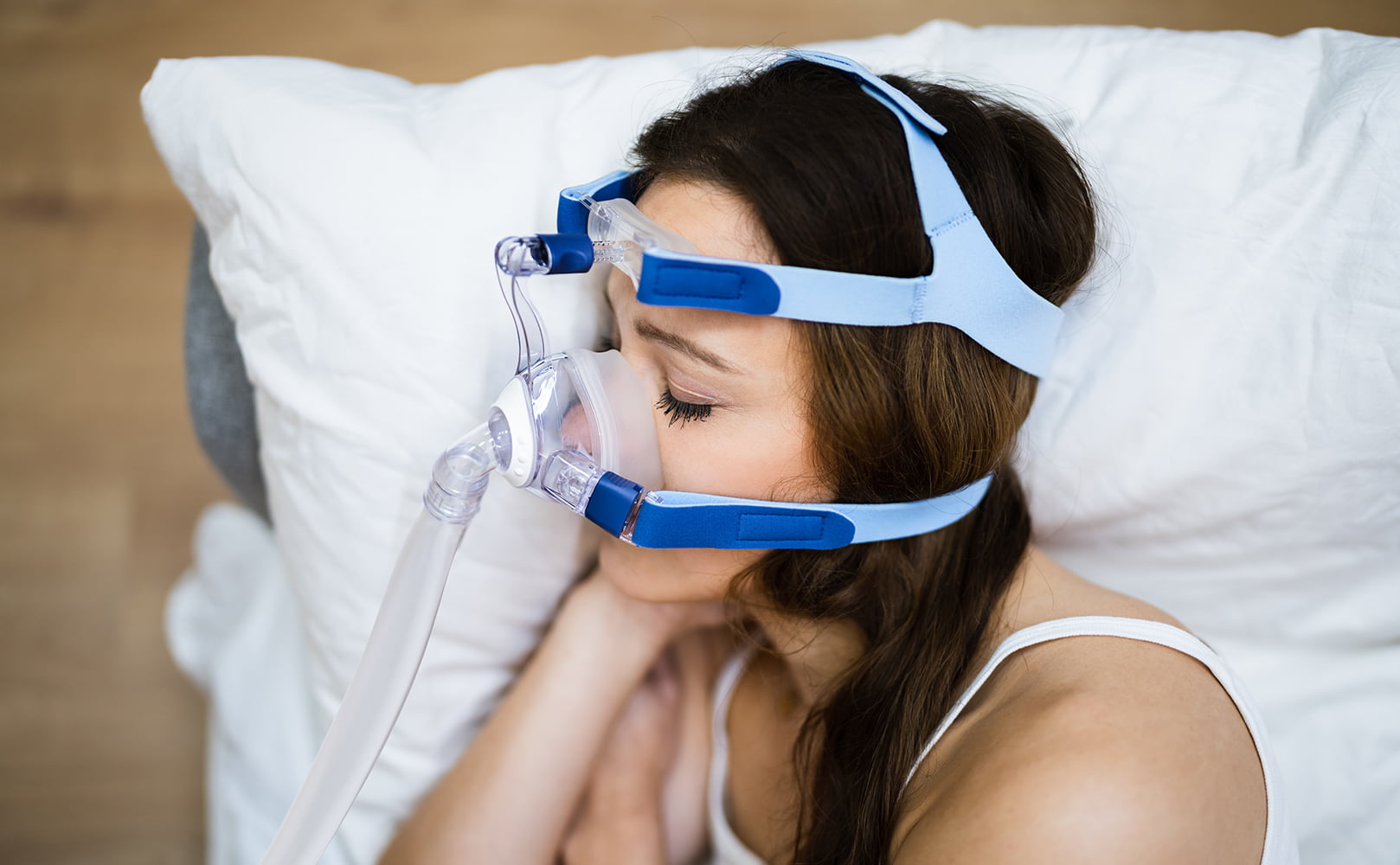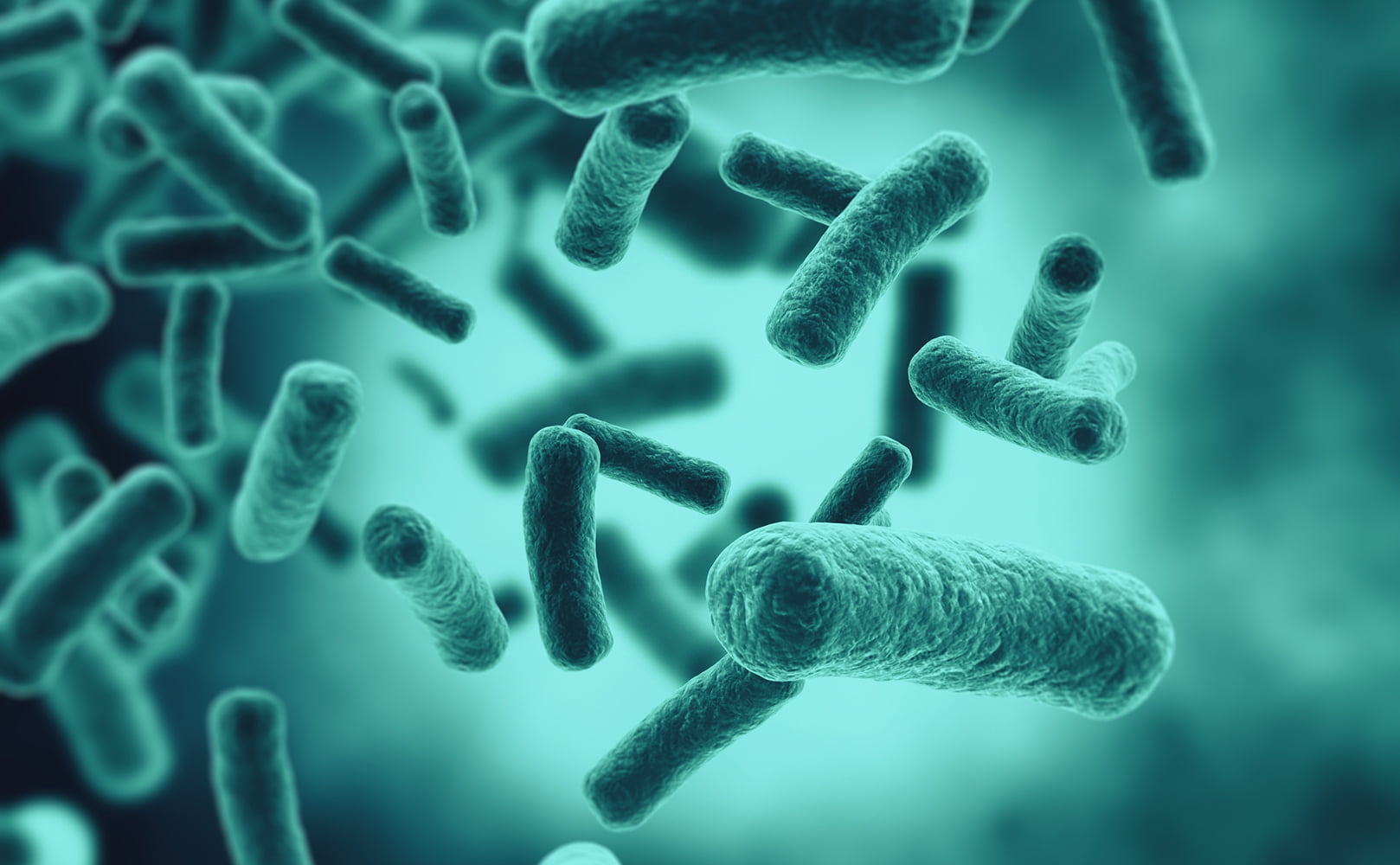Can You Use Reverse Osmosis Water in a CPAP Machine?
Written by: Alexandra Uta // Last Updated: Jul 26, 2023
This page may contain affiliate links. If you buy a product or service through such a link we earn a commission at no extra cost to you. Learn more.
CPAP, short for Continuous Positive Airway Pressure therapy, is a machine that helps people with obstructive sleep apnea breathe better when they sleep. It uses air pressure to open up soft tissues in the throat. These machines often have water tanks to give off moisture while being used. This helps to make the user more comfortable and stops their nose from getting dry or bleeding from the air flowing through it.
Most manufacturers recommend using distilled water in these machines. Distilled water has no minerals, so it won’t leave behind any hard deposits in the machine. Also, distilled water can help keep bacteria from growing in the machine’s humidifier, hose, and mask.
So, considering reverse osmosis water also contains no minerals, can that be used? Let’s see.
Key Takeaways
- You can use reverse osmosis water in your CPAP machine, as it is mostly free of dissolved minerals and pathogens.
- While reverse osmosis can be used, many CPAP manufacturers suggest that distilled water is still the safest choice.
Can You Use Reverse Osmosis Water in a CPAP Machine?
So, can you use reverse osmosis water in a CPAP machine? Yes, you can.
When it comes to the use of water in CPAP machines, both distilled water and reverse osmosis water are viable options. Reverse osmosis water is up to 99% pure and often has around 10 parts per million (PPM) of total dissolved solids or even less.
This means it’s almost as pure as distilled water and won’t cause significant mineral deposits in your CPAP machine. However, if you’re using an at-home RO filter, it’s important to change the filters according to the manufacturer’s recommendations.
How Much Reverse Osmosis Water Is Needed for a CPAP Machine?
The required RO water amount for your sleep apnea machine differs based on the chamber size. Typically, the average is around 16 ounces.
Can You Use Other Types of Water in a CPAP Machine? Which Is Best?
Using distilled, sterile, bottled, or reverse osmosis water is strongly recommended. One major advantage of reverse osmosis water is its absence of minerals and other impurities. The membrane in an RO system allows pure water to pass while effectively removing impurities.
Distilled Water
CPAP machine manufacturers strongly advise using distilled water over other kinds of purified water. To distill water, the source water is boiled into steam, eliminating solids, chemicals, and other pollutants. The resulting purified steam is subsequently cooled and converted back into liquid form.
Here’s why distilled water is a great choice:
- Minimizes or eliminates bacterial growth
- Maintains optimal air pressure
- Free from microbes, minerals, and other contaminants
- Prevents mineral scale build-up
- 9% purified
- Less than 1 ppm total dissolved solids
Bottled Water
While you can occasionally use bottled spring water or mineral water in your CPAP, relying on this practice regularly is not recommended. Some bottled water with a high mineral content can cause buildup over time, posing a risk of harm to your motor, CPAP tubing, and water chamber.
It is crucial to check the type of bottled water you are using, as not all bottled water is distilled. Bottled water can be pretty broad in its source and components. It can be filtered, spring, mineral, or purified. To add to the confusion, some brands add minerals back into the distilled water in the final product!
Tap Water
Although tap water is generally safe for drinking, it can still contain traces of bacteria, viruses, algae, fungi, and protozoa, which can be harmful when inhaled. It also often contains minerals, lead, chlorine, and other substances that can cause damage to your CPAP motor and tubing. Therefore, it should not be used in a CPAP machine.
Boiled Water
Boiled water can be used on occasion for your CPAP machine if you cannot find distilled water or RO water. Boil tap water for 20 minutes, then let it cool to room temperature before using it in your CPAP machine.
How to Prevent Mold and Bacteria from Growing in Your CPAP?
To prevent mold and bacteria from growing in your CPAP machine, aside from using pure water, you need to clean it regularly. Here’s how:
- Every morning after use, wash the mask, water chamber, and tubing in hot, soapy water. Make sure the tubing is fully immersed.
- Let all components air dry.
- The headgear and filter should be cleaned weekly. Soak the water chamber in white vinegar to prevent mold.
- If your machine includes a disposable filter, replace it every month.
There are also some pretty high-tech cleaners on the market these days, including an ozone cleaner and a UV cleaner, though they come with a hefty price tag.
How Do I Clean My CPAP If It Has Scale Buildup?
To clean the scale buildup from your machine, fill a clean sink or basin with water and mix in a small amount of mild soap. Immerse the CPAP water reservoir and other washable parts of the machine into the soapy water. Let them soak for approximately thirty minutes. Afterwards, gently clean each part with a clean towel and allow them to air dry.
To maximize the effectiveness of cleaning and prolong the lifespan of your CPAP device, consider the following tips:
DOs:
- Clean your CPAP water reservoir at least once a week.
- Soak the components in hot, soapy water for 15-30 minutes before rinsing.
- In case of mineral deposits or mold build-up, use a mixture of hot water and vinegar for soaking.
- If necessary, use a stronger cleaning solution that is gentle enough not to harm the machine’s components.
- Rinse thoroughly by filling the CPAP water reservoir with water or cleaning solution and shaking it well before draining.
- Allow the CPAP water reservoir to completely air dry after cleaning.
DON’Ts:
- Don’t clean your CPAP water reservoir in the dishwasher.
- Avoid using perfumes, scented soaps, or other fragrant cleaning agents.
- Avoid using antibacterial soaps as they can cause cracking.
If you have any thoughts about the question, can you use RO water in a CPAP machine, please don’t hesitate to leave a comment below!
Information provided on BOS is for educational purposes only. The products and services we review may not be right for your individual circumstances.
We adhere to strict editorial guidelines. Rest assured, the opinions expressed have not been provided, reviewed, or otherwise endorsed by our partners – they are unbiased, independent, and the author’s alone. We fact-check all content for accuracy. It is accurate as of the date posted and to the best of our knowledge.



